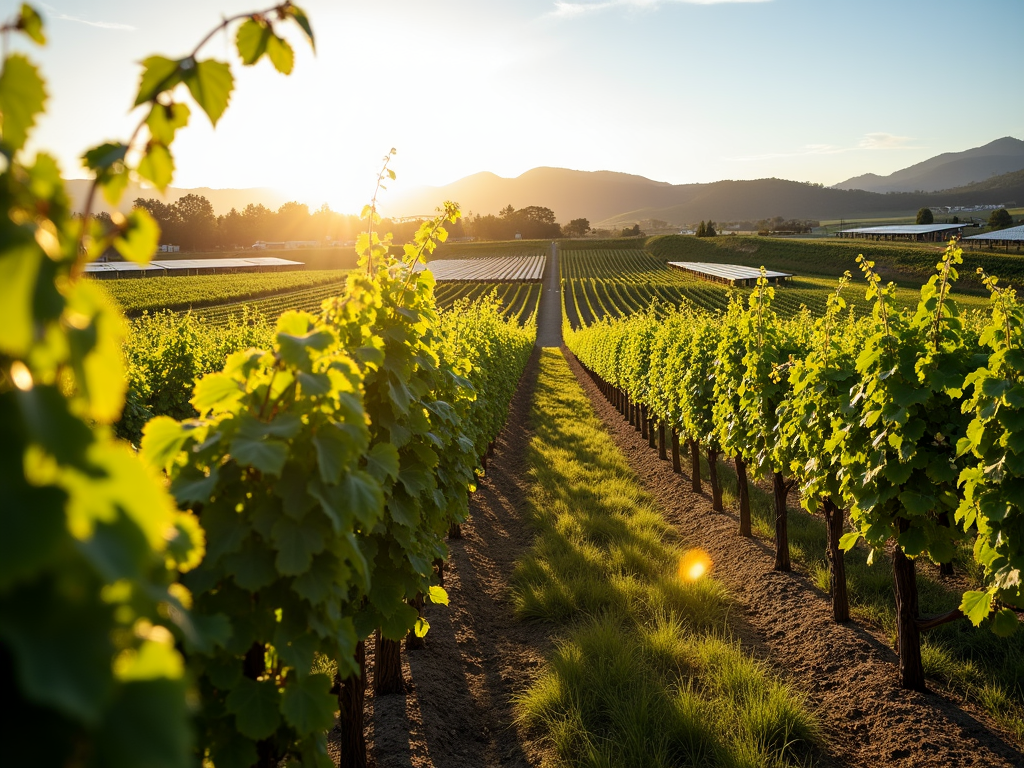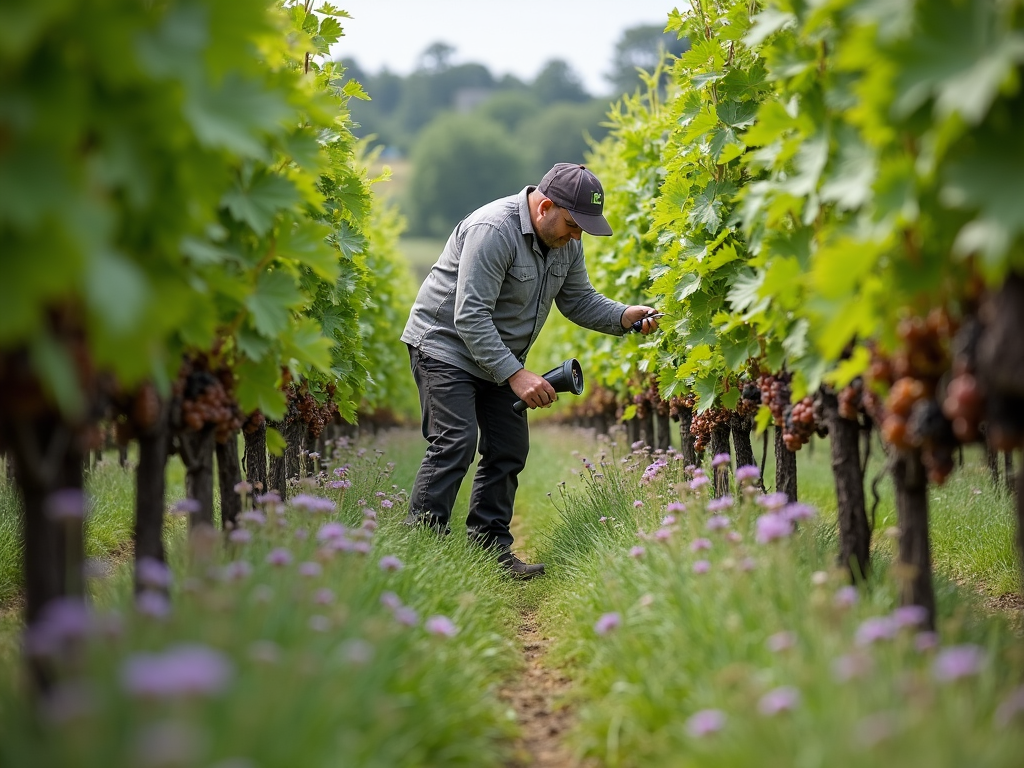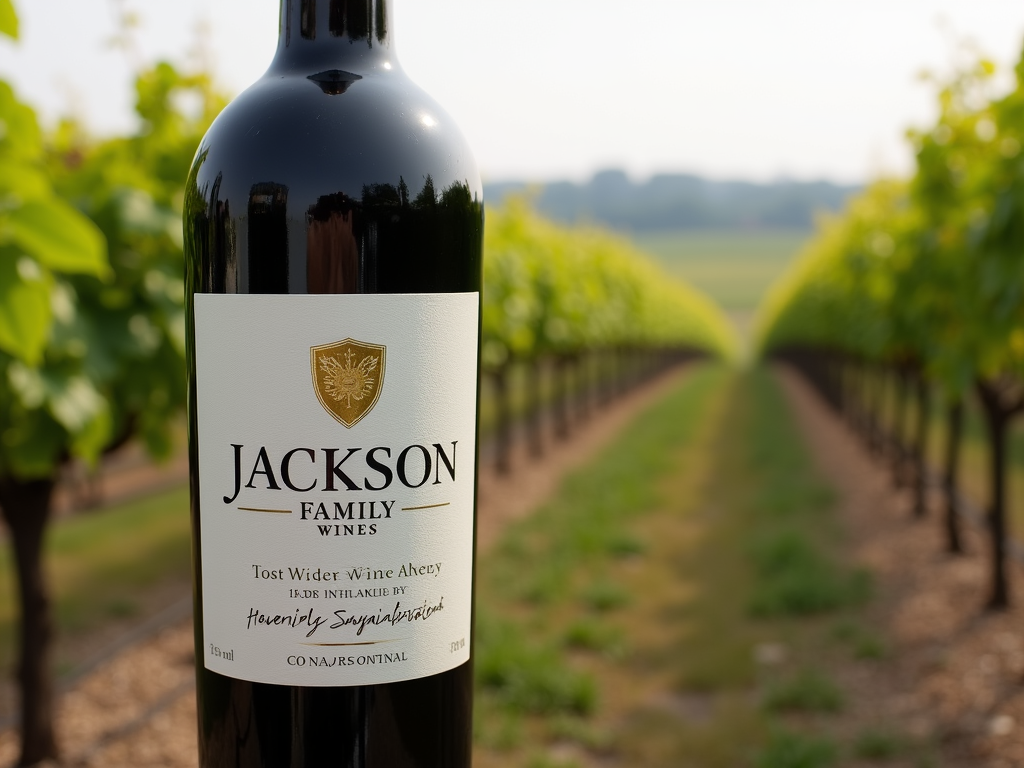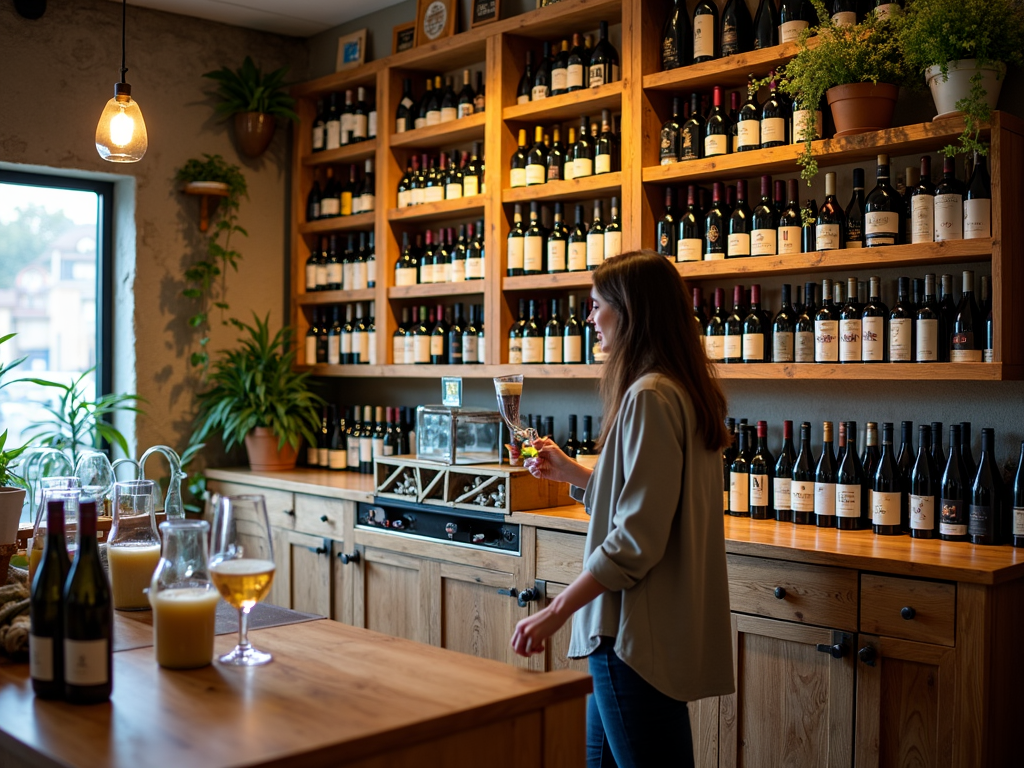Understanding Wine Sustainability Practices: A Guide for Eco-Conscious Wine Lovers
Did you know that the wine industry is responsible for a significant portion of global greenhouse gas emissions? But there's good news: sustainable practices are transforming the way wine is made. In this guide, we'll explore what wine sustainability means, how leading brands like Jackson Family Wines are making a difference, and how you can support eco-friendly winemaking.

What is Wine Sustainability?
Sustainability in winemaking is all about reducing environmental impact, preserving resources, and supporting local communities. It's a holistic approach that touches every part of the wine production process, from the vineyard to the bottle. Here are some key aspects:
- Organic Farming: Avoiding synthetic pesticides and fertilizers to protect soil health and biodiversity.
- Water Conservation: Using efficient irrigation systems and recycling water to minimize waste.
- Renewable Energy: Harnessing solar, wind, or geothermal power to reduce carbon footprints.
- Biodiversity: Planting cover crops and maintaining natural habitats to support local ecosystems.
- Social Responsibility: Ensuring fair labor practices and contributing to community development.
These practices not only help the planet but can also lead to higher-quality wines. As a wine lover myself, I've noticed that sustainable wines often have a more authentic, terroir-driven flavor.

Jackson Family Wines' Approach
Jackson Family Wines is a leader in sustainable winemaking. Their commitment to the environment is evident in their practices:
- Solar Power: Many of their wineries are powered by solar energy, reducing reliance on fossil fuels.
- Water Recycling: They use advanced systems to recycle water for irrigation, conserving this precious resource.
- Biodiversity Preservation: By planting native species and creating wildlife corridors, they support local ecosystems.
- Certified Sustainable: Many of their vineyards are certified by organizations like the California Sustainable Winegrowing Alliance.
Their efforts have not gone unnoticed. In 2020, they were named "Green Company of the Year" by The Drinks Business. If you're interested in learning more, check out their sustainability page.

Benefits of Sustainable Wine
Choosing sustainable wine isn't just good for the planet—it's good for you too. Here's why:
- Healthier Planet: Sustainable practices reduce carbon emissions, conserve water, and protect biodiversity.
- Better Working Conditions: Many sustainable wineries prioritize fair labor practices, ensuring workers are treated well.
- Potentially Better Taste: Some argue that wines made with minimal intervention and organic grapes have a purer expression of the grape and terroir.
Moreover, supporting sustainable wineries encourages the entire industry to adopt better practices. It's a win-win for everyone involved.

Where to Buy Sustainable Wines
Ready to make the switch to sustainable wine? Here are some tips to get you started:
- Look for Certifications: Labels like "Certified Organic," "Biodynamic," or "Sustainable" are good indicators.
- Check the Packaging: Opt for wines with eco-friendly packaging, like lightweight glass or recycled materials.
- Support Local Wineries: Many small, local wineries practice sustainable methods. Visit their tasting rooms or check their websites.
- Buy Directly: Purchase from wineries' websites or online retailers that specialize in sustainable wines.
For those interested in Jackson Family Wines, you can buy directly from their online store or find them at select retailers. They offer a range of sustainable options, from their flagship Kendall-Jackson Vintner's Reserve to their artisanal single-vineyard wines.

In conclusion, understanding wine sustainability practices is crucial for anyone who cares about the environment and enjoys a good glass of wine. By choosing sustainable options like those from Jackson Family Wines, you're supporting a healthier planet and potentially enjoying a better product. So next time you're shopping for wine, remember to look for those eco-friendly labels and make a choice that benefits both you and the Earth.